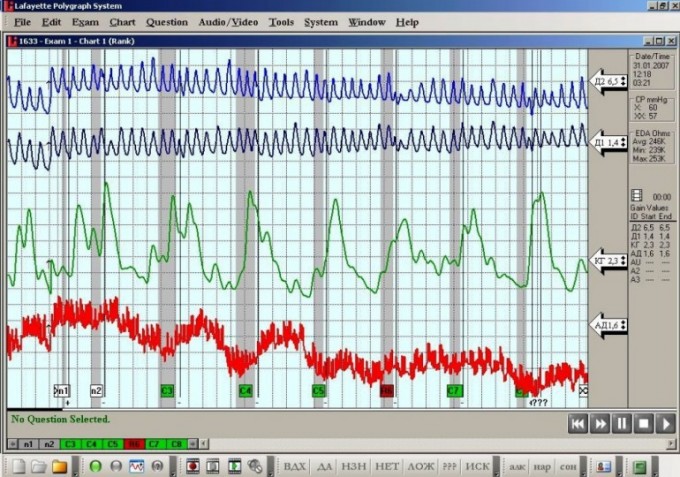Unveiling the Truth: The Power of Lie Detector Tests
Unveiling the Truth: The Power of Lie Detector Tests
Blog Article

Welcome to the fascinating world of lie detector tests. These tests have long piqued our curiosity, stirring debates about their reliability and effectiveness in uncovering the truth. With advancements in technology and psychology, lie detector tests have become indispensable tools in various fields, from law enforcement to employment screenings. Today, we delve into the nuances of lie detector tests, exploring their history, mechanisms, and the controversies that surround them. Are these tests the ultimate truth-seekers or do they merely scratch the surface of deception? Let's embark on this revealing journey together.
History of Lie Detector Tests
Lie detector test
Lie detector tests, also known as polygraph tests, have a fascinating history that dates back to the early 20th century. The first polygraph machine was invented by John Larson in 1921. Larson's device monitored changes in a person's physiological responses such as heart rate, blood pressure, and respiration to detect deception.
Over the years, lie detector tests have been used in various applications, including criminal investigations, pre-employment screenings, and even in high-stakes situations like national security interviews. Despite their widespread use, the accuracy and reliability of polygraph tests have been a subject of debate among experts and researchers.
Advancements in technology have led to improvements in the accuracy and precision of modern lie detector tests. Today, polygraph machines are more sophisticated and can measure a wider range of physiological responses to determine if a person is being truthful or deceptive.
How Lie Detector Tests Work
Lie detector tests, also known as polygraphs, operate based on the physiological responses of the individual being examined.
During a lie detector test, several parameters such as heart rate, blood pressure, respiration, and skin conductivity are measured to detect signs of deception.
The idea behind lie detector tests is that when a person tells a lie, their body may involuntarily exhibit certain physiological changes that can be captured by the polygraph machine.
Ethical Considerations
Lie detector tests have long been a topic of ethical debate within the legal and psychological communities. One key ethical consideration is the potential invasiveness of these tests, as they delve into deeply personal matters that can be uncomfortable for the individual being tested.
Another important ethical concern is the issue of reliability and accuracy. The use of lie detector tests as a sole factor in determining guilt or innocence can be risky, as these tests are not foolproof and can be influenced by various external factors.
Additionally, there is a concern about the impact of lie detector tests on the individual's reputation and rights. In some cases, individuals may feel coerced into taking a test, leading to potential violations of their rights to privacy and autonomy.
Report this page